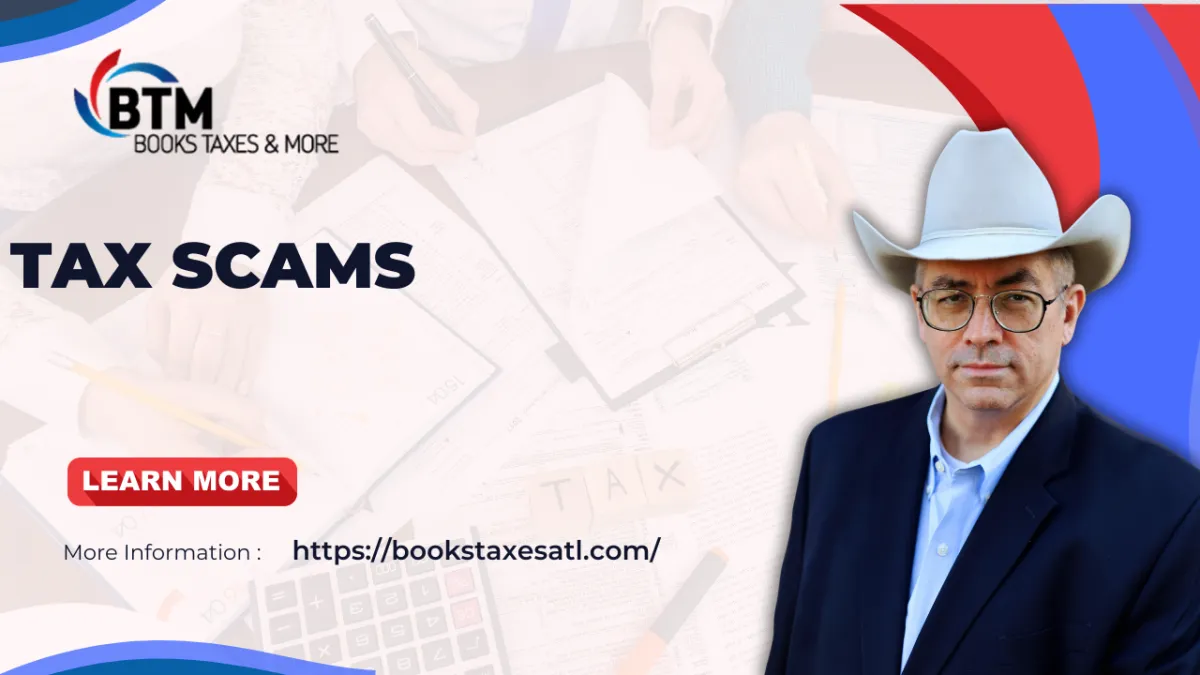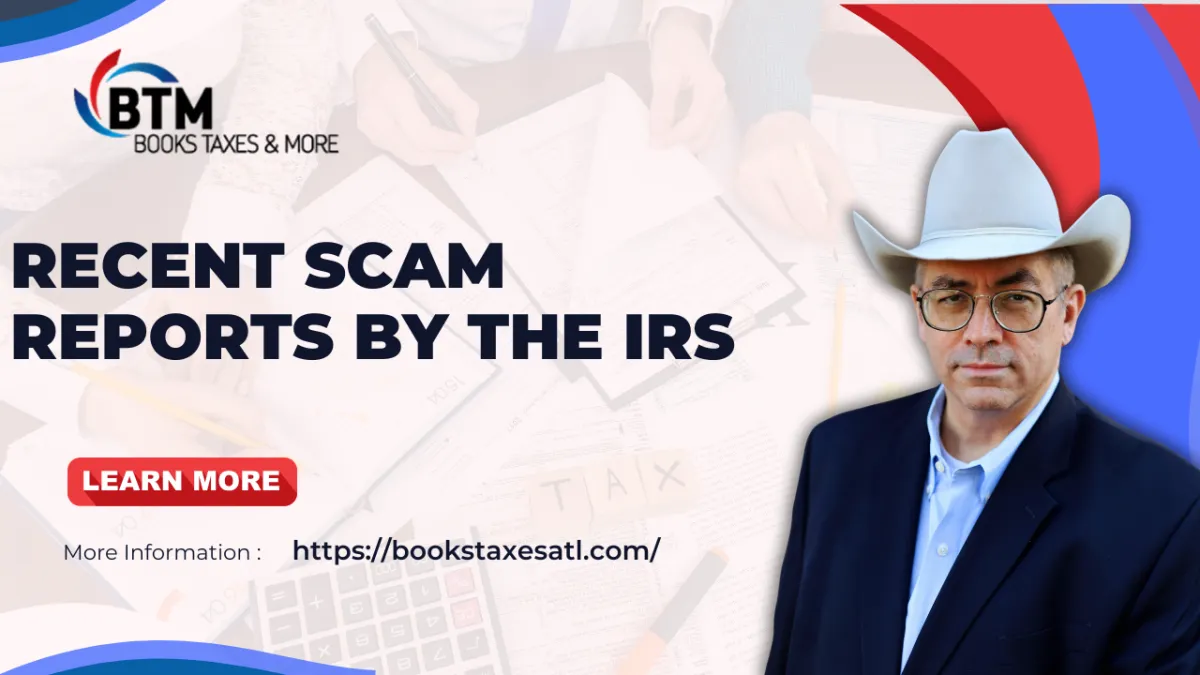Tax Scams
Tax scams are widespread, prompting frequent IRS alerts. Scammers target taxes because, as Willie Sutton once said of banks, “that’s where the money is.” These schemes often succeed because many taxpayers fear the IRS and don’t fully understand how it operates. A common scam involves fake phone calls demanding immediate payment, often threatening arrest if the taxpayer doesn’t comply. The IRS rarely calls first—they typically initiate contact by mail, and never demand credit card payments over the phone. Scammers can spoof phone numbers to appear legitimate, but true IRS agents always identify themselves by name and badge number, and all calls are recorded. Email phishing scams are another threat. The IRS never initiates contact via email. Official IRS letters follow strict procedures and provide timelines for response. If someone shows up in person claiming to be from the IRS, they must have official credentials and will never ask for payment to anyone but the U.S. Treasury. To protect yourself: file returns on time, respond to legitimate IRS letters, and don’t engage with suspicious callers or emails. Report scams to the IRS and stay informed. Knowledge is your best defense. If unsure, seek professional help—don’t face IRS-related concerns alone.



